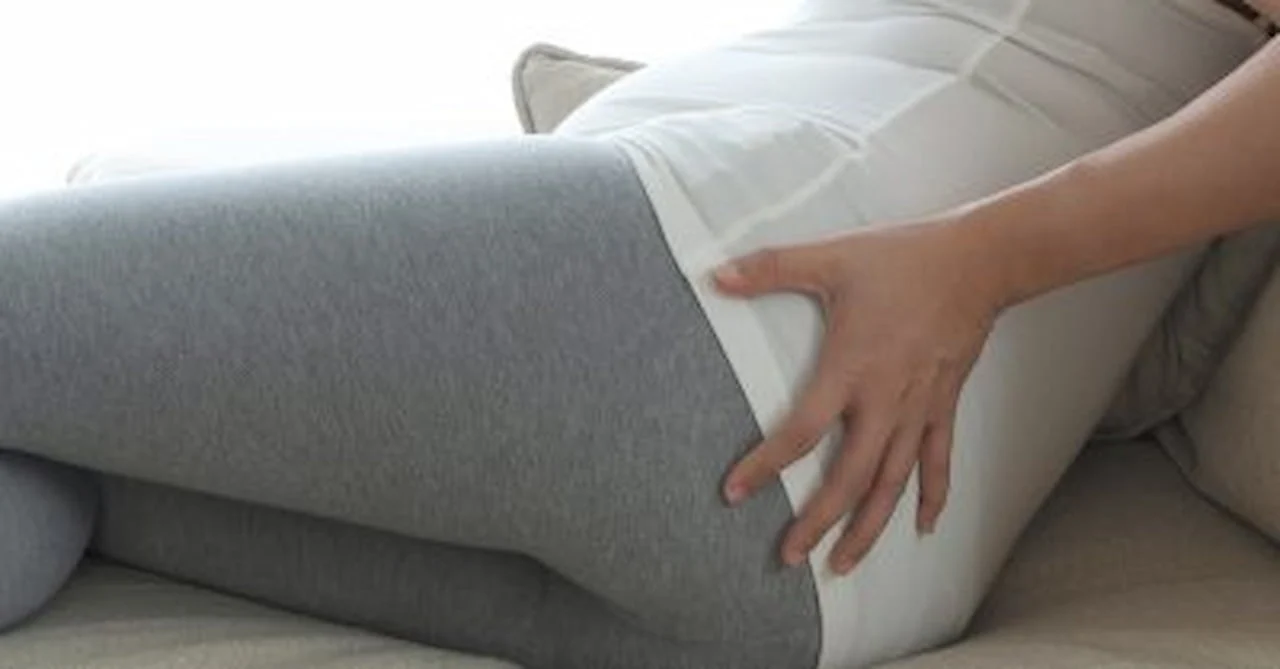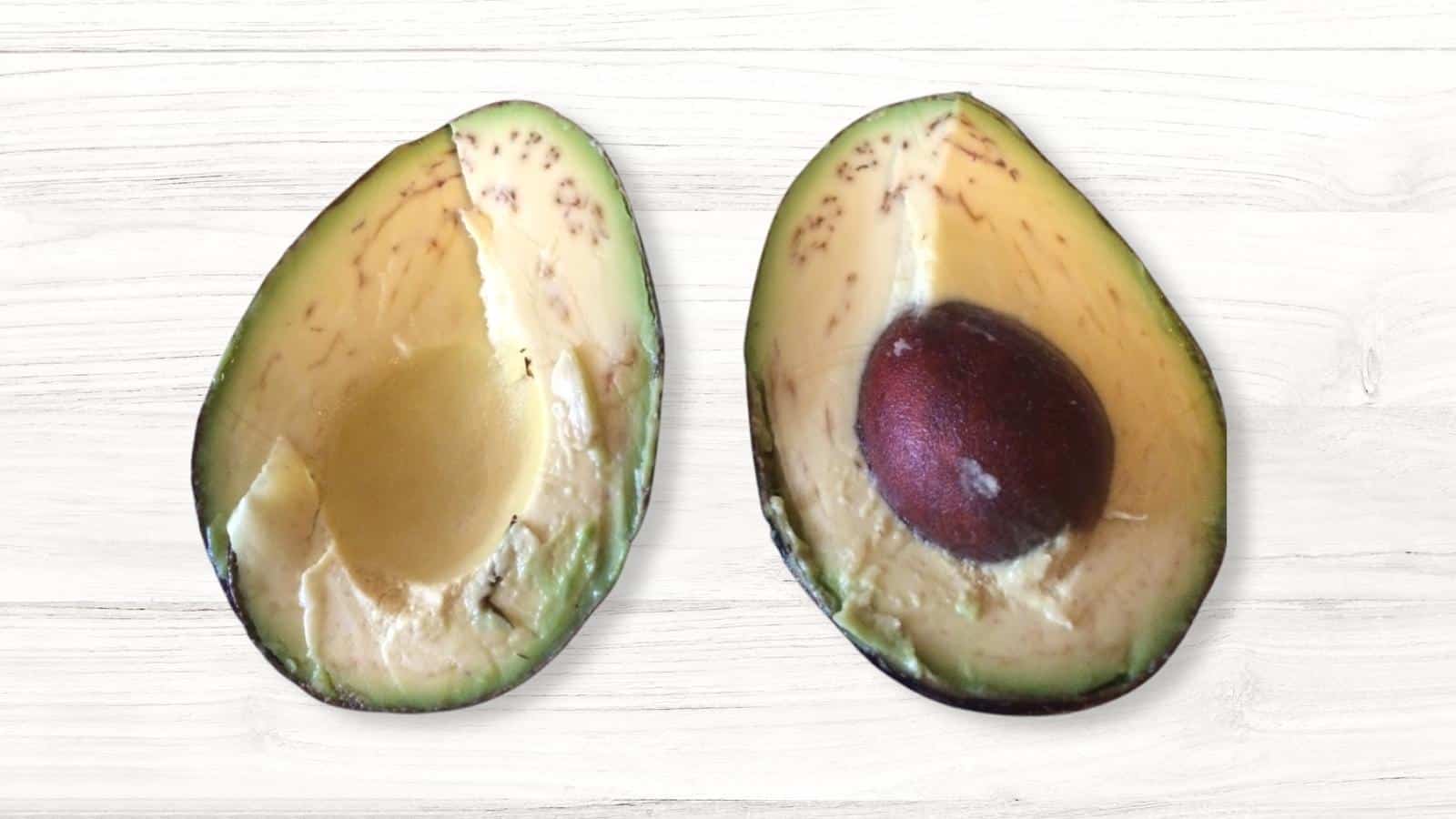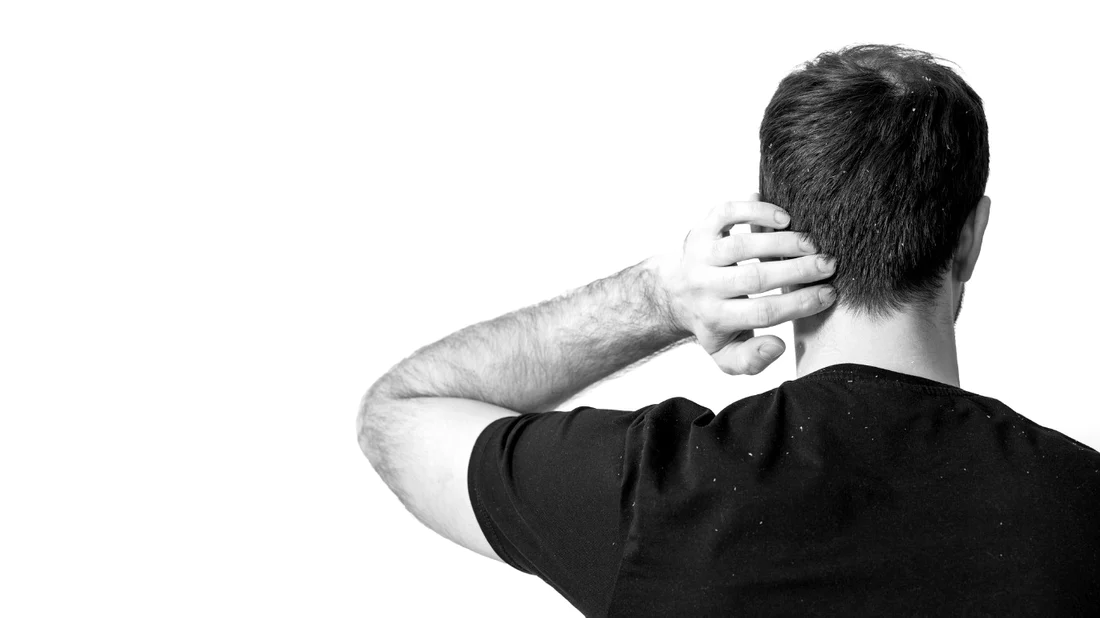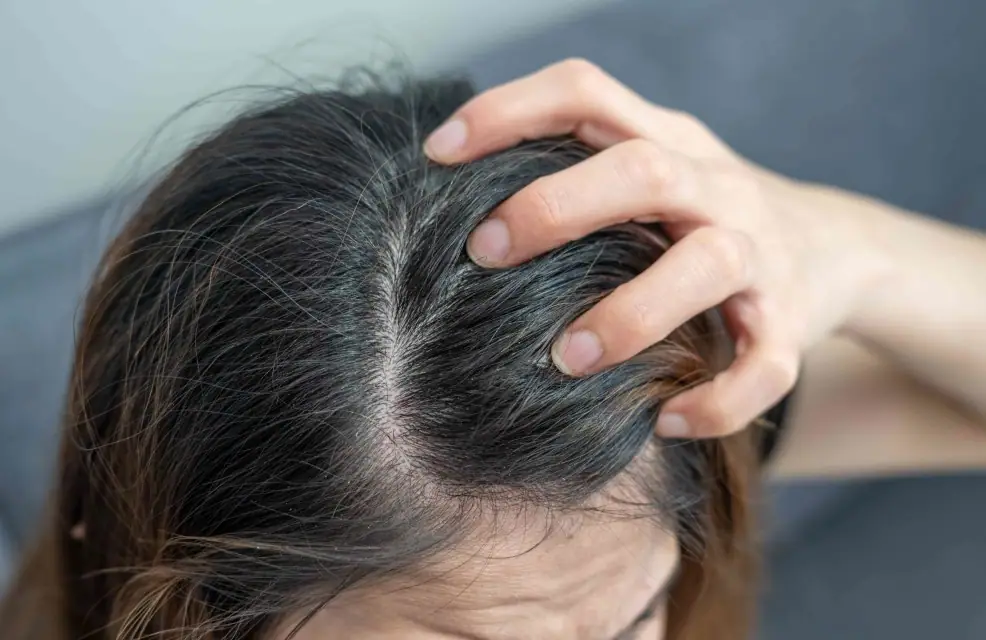Pregnancy is a transformative journey, both physically and emotionally. As a woman’s body goes through the remarkable process of creating and nurturing a new life, it undergoes various changes, some of which persist long after childbirth. One of the common concerns that many women have after pregnancy is the loss of their bum’s shape and firmness. In this article, we’ll explore why this phenomenon occurs, what you can do to address it, and provide answers to some frequently asked questions on the topic.
Understanding the Post-Pregnancy Bum Transformation
The Post-Pregnancy Bum Dilemma
After giving birth, it’s not uncommon for women to notice changes in the shape and firmness of their buttocks. This transformation can be attributed to several factors, including hormonal fluctuations, weight gain during pregnancy, and the stretching of skin and muscles.
Hormonal Changes
Pregnancy triggers significant hormonal changes in a woman’s body, and these fluctuations can affect various aspects of her physique, including her bum. The hormone relaxin, for instance, plays a key role in preparing the body for childbirth by relaxing the uterine muscles and softening the cervix. However, it can also affect the connective tissues throughout the body, potentially leading to a loss of bum firmness.
Weight Gain During Pregnancy
Weight gain is a natural and necessary part of pregnancy, as the body accumulates additional fat stores to support the growing fetus and to ensure a steady energy supply during breastfeeding. Unfortunately, some of this weight may accumulate in the buttocks, which can alter its shape and make it appear less firm.
Skin and Muscle Stretching
As the baby grows within the womb, the abdominal muscles and the skin surrounding the belly and buttocks stretch to accommodate the growing fetus. This stretching can lead to a loss of elasticity and firmness in the bum area.
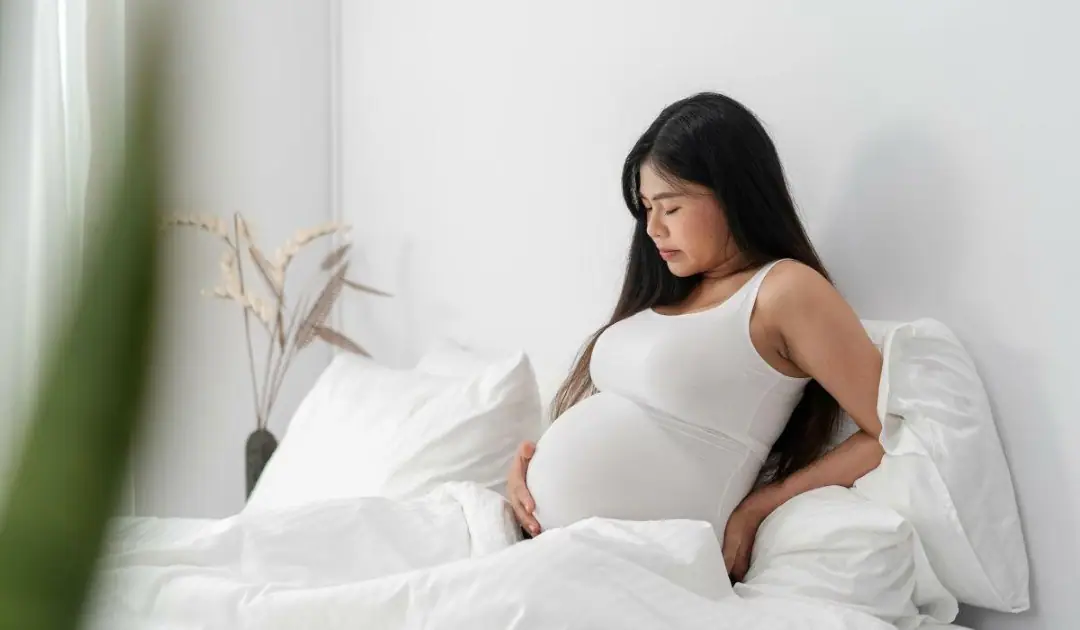
Addressing the Post-Pregnancy Bum Concerns
Exercise and Physical Activity
Engaging in a regular and targeted exercise regimen can help restore the shape and firmness of your bum after pregnancy. Squats, lunges, and glute bridges are excellent exercises that can strengthen the muscles in this area and help to lift and tone the bum. Consistency and patience are key when it comes to post-pregnancy exercise, as results may take time to become noticeable.
Healthy Eating Habits
Maintaining a balanced and nutritious diet is essential for post-pregnancy recovery. By making healthy food choices and ensuring that you’re consuming the necessary nutrients, you can promote weight loss and support the body in regaining its pre-pregnancy shape.
Hydration and Skin Care
Proper hydration and skin care are often overlooked factors in addressing post-pregnancy bum concerns. Staying well-hydrated helps maintain skin elasticity, which can be particularly important in the bum area. Using moisturizers and creams that contain ingredients like collagen and elastin can also help tighten and rejuvenate the skin.
Consider Non-Surgical Procedures
In some cases, women may explore non-surgical treatments to address post-pregnancy bum concerns. Procedures such as non-invasive body contouring and radiofrequency therapy can help tighten and tone the skin and muscles in the buttocks. Consult with a qualified healthcare provider to determine if these options are suitable for your specific needs.
1. Is it possible to completely restore my pre-pregnancy bum shape?
While it may not be possible to achieve the same bum shape you had before pregnancy, you can certainly improve its firmness and appearance through a combination of exercise, a healthy lifestyle, and, in some cases, non-surgical treatments. Keep in mind that each person’s body is unique, and results will vary.
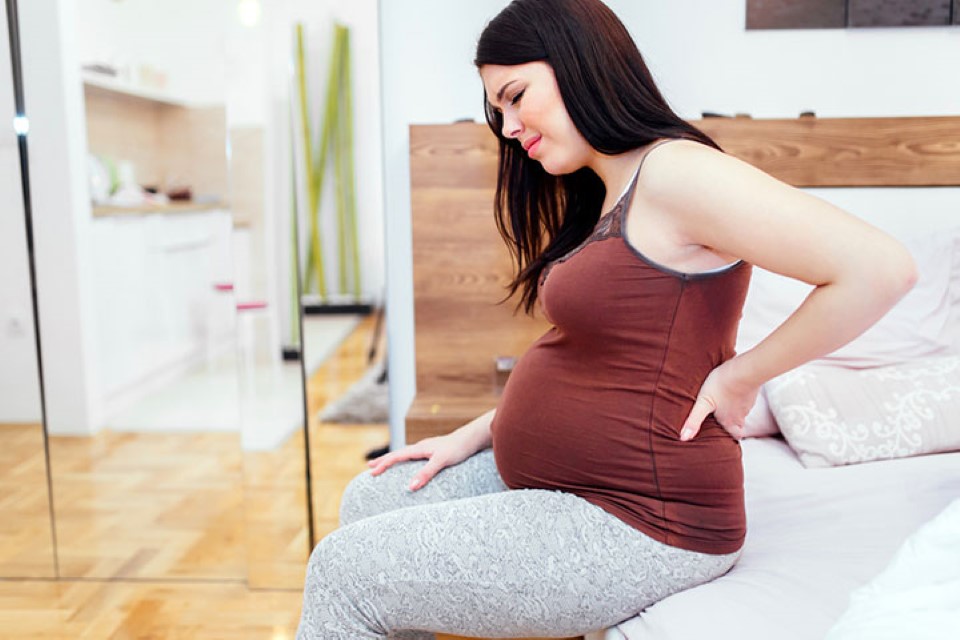
2. How soon after childbirth can I start working on my bum shape?
It’s essential to consult with your healthcare provider before beginning any exercise or diet plan after childbirth. In general, you can start with gentle pelvic floor exercises shortly after delivery, and gradually incorporate more intensive workouts as your body heals. Be patient and allow your body the time it needs to recover.
3. Can genetics play a role in post-pregnancy bum changes?
Yes, genetics can influence the shape and firmness of your bum after pregnancy. Some individuals may have a genetic predisposition to store fat in the buttocks or to have looser skin. While genetics can play a role, lifestyle choices, including diet and exercise, can still significantly impact the final outcome.
4. What role does breastfeeding play in post-pregnancy bum concerns?
Breastfeeding can help with post-pregnancy weight loss, as it burns extra calories. However, it’s essential to ensure that you’re consuming enough nutrients and staying hydrated while breastfeeding to support both your baby and your body’s recovery.
5. Are there any risks associated with non-surgical procedures for post-pregnancy bum concerns?
Non-surgical procedures, when performed by qualified professionals, are generally safe. However, there may be some potential side effects, such as temporary redness or mild discomfort. It’s crucial to choose a reputable provider and discuss the risks and benefits before proceeding with any treatment.
Conclusion
The post-pregnancy bum changes experienced by many women are a natural result of the complex processes that occur during pregnancy. Hormonal fluctuations, weight gain, and skin and muscle stretching can contribute to a loss of bum shape and firmness. Fortunately, there are several effective ways to address these concerns, including regular exercise, a healthy diet, hydration, skin care, and, in some cases, non-surgical procedures. Remember that every woman’s body is unique, so it’s important to consult with a healthcare provider to create a personalized plan for restoring your bum’s shape and firmness after pregnancy. With time, patience, and the right approach, you can regain confidence in your post-pregnancy body.

